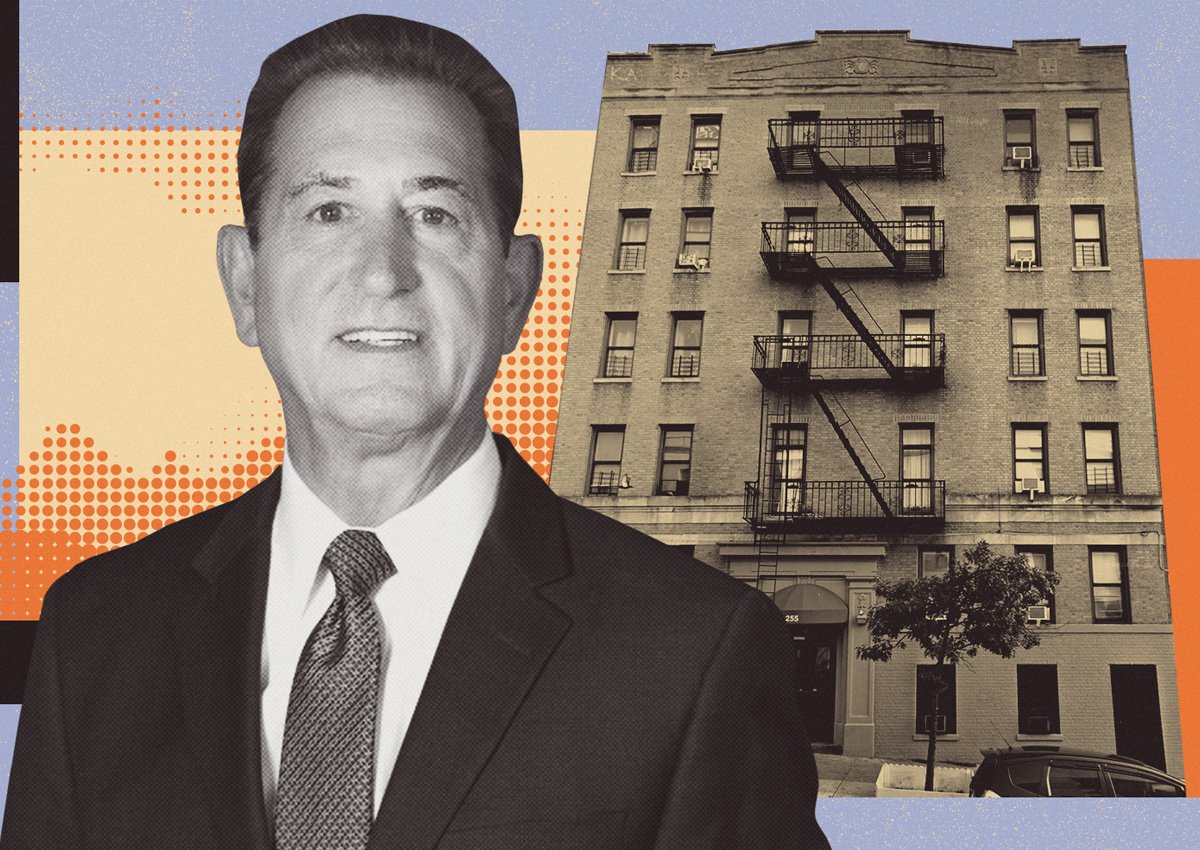Flagstar Financial is still trying to pare down its books.
The successor to the embattled New York Community Bank marketed a portfolio of 10 rent-stabilized buildings in the Bronx this month with a combined assessment of $7.8 million. In some cases, loans were made after the 2019 rent reform, which has cut into revenues in rent-stabilized buildings.
The buildings are advertised as five-story walk-ups, with a total of 272 units among them, as well as six commercial spaces. The average rent is $1,625, with a large number of preferential rents, meaning lower than the legal maximum for the unit. About 88 percent of units are rent-stabilized.
The original borrower tied to the buildings is Casablanca Holdings. The asking price for the loans was not publicly available. Flagstar did not respond to requests for comment and brokers for Rosewood Realty Group associated with the portfolio declined to comment.
New York Community Bank, the predecessor to Flagstar, was a prolific lender to rent-stabilized building owners. However, the state’s sweeping law effectively capped rents in those units.
That doesn’t seem to have dissuaded the lender from underwriting loans tied to those buildings entirely. In November of 2019, five months after the law was signed by Gov. Andrew Cuomo, Casablanca nabbed a $2 million mortgage from NYCB for its rent-stabilized buildings on East 188th Street. That same month, the landlord scored $1.1 million for a building on Davidson Avenue. And in 2020, the bank issued a smaller mortgage, $273,000, to Casablanca for a rent-stabilized building on Morris Avenue.
The loans are a minuscule portion of the bank’s overall multifamily loan portfolio, which totals about $33.4 billion, according to the recent financial statements. About half of those are tied to rent-regulated buildings. The company pruned its multifamily loan portfolio by $656 million in just the first three months of 2025.
Flagstar — then New York Community Bank — spent most of 2024 trying to rebrand itself after a tumultuous start to the year. The bank cut its dividend by 70 percent that January, expecting trouble in its multifamily portfolio, and saw its stock price fall 47 percent in March, prompting a $1 billion capital injection from investors.
The company has said it is curtailing loans associated with rent-stabilized buildings and is no longer using mortgage brokers to connect with borrowers.
Read more

Flagstar, formerly NYCB, dumps $142M in rent-stabilized loans

Flagstar reports 500% pop in past due debts as rent-stabilized purge continues

Flagstar reports lowest quarterly loss since 2023

